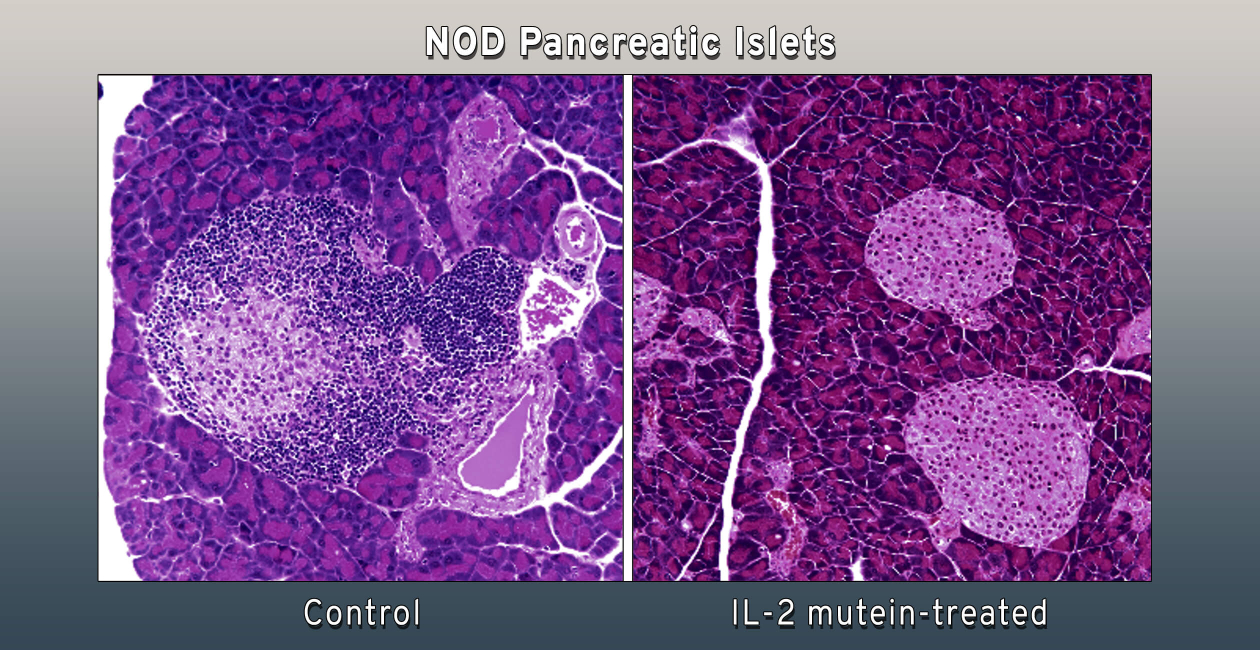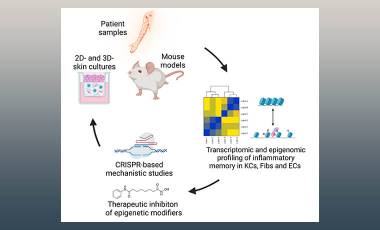Foxp3+ regulatory T cells (Treg) are essential for establishing and maintaining immune tolerance, and manipulating Treg activity is an attractive therapeutic strategy for treating autoimmune and inflammatory diseases.
As a strategy for increasing Treg abundance and function to treat autoimmune disease, we have developed a novel IL-2 ‘mutein’ that is highly Treg selective, potently expands Tregs in vivo, arrests ongoing autoimmunity and induces durable disease protection in non-obese diabetic (NOD) mice. The goal of this project is to mechanistically dissect how IL-2 mutein therapy promotes immune tolerance.
Understanding how IL-2 mutein treatment promotes immune tolerance is key to applying this promising therapeutic strategy in disease settings where it is most likely to be efficacious. It could also lead to discovery of new pathways of immune tolerance that provide targets for next-generation autoimmune therapies. Human IL-2 muteins are currently being evaluated in early phase clinical trials, and our mechanistic studies are important for their continued translation into therapeutic use.
Currently, we are seeking to:
- Define the signaling pathways important for Treg activation and expansion following IL-2 mutein treatment
- Identify the key functional pathways that inhibit immune activation following IL-2 mutein treatment
- Determine how IL-2 mutein treatment alters immune responses in the contexts of infectious disease and cancer




